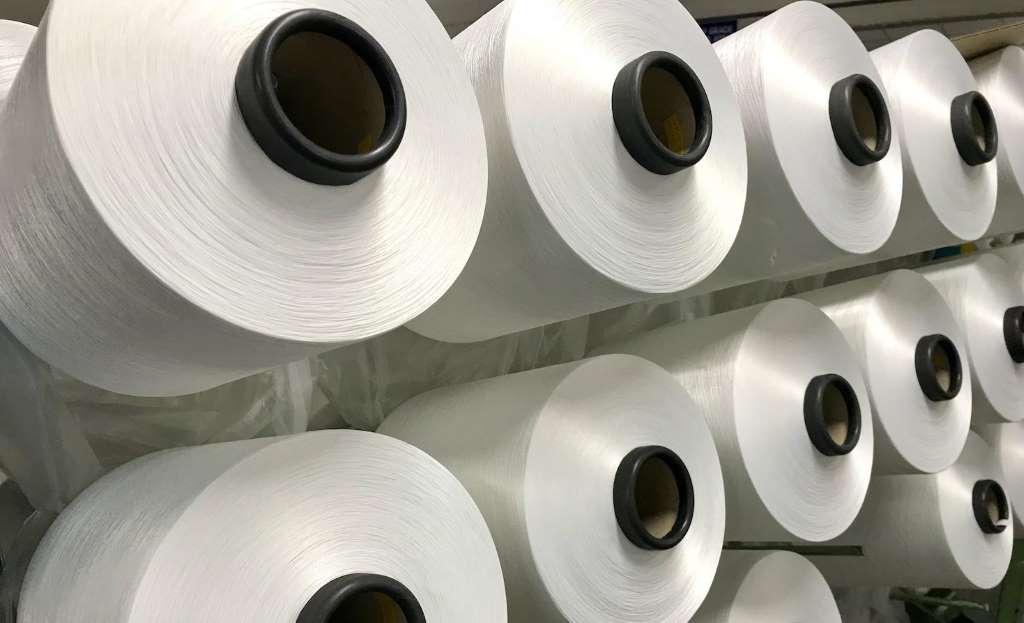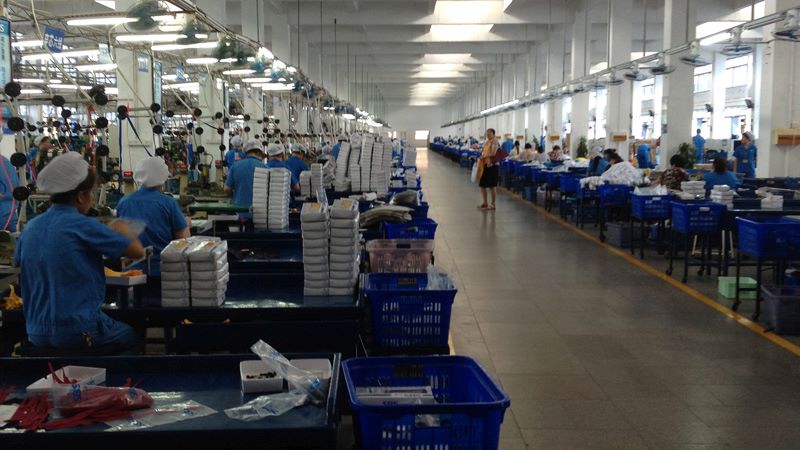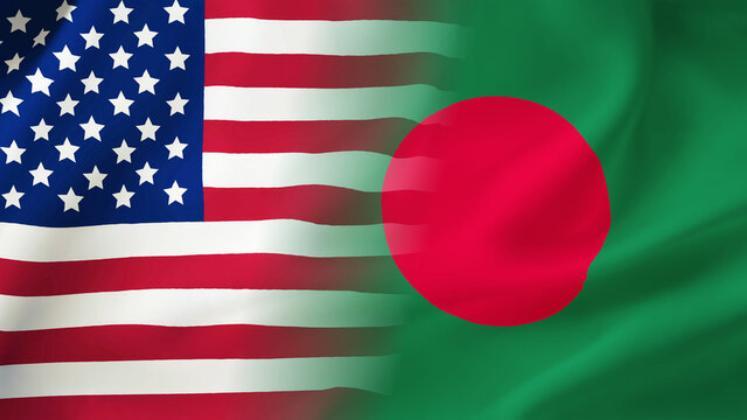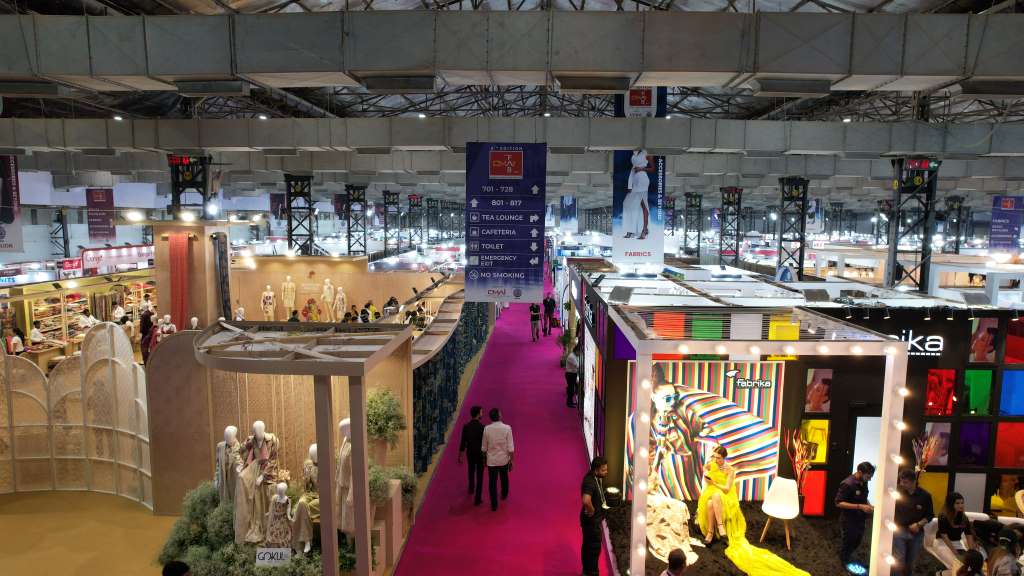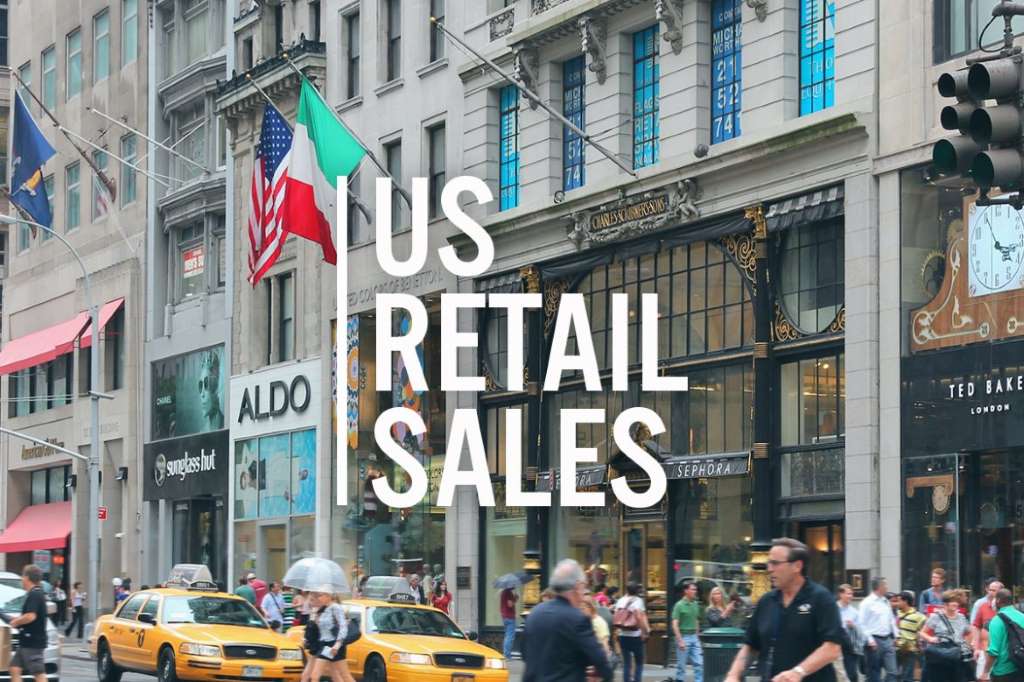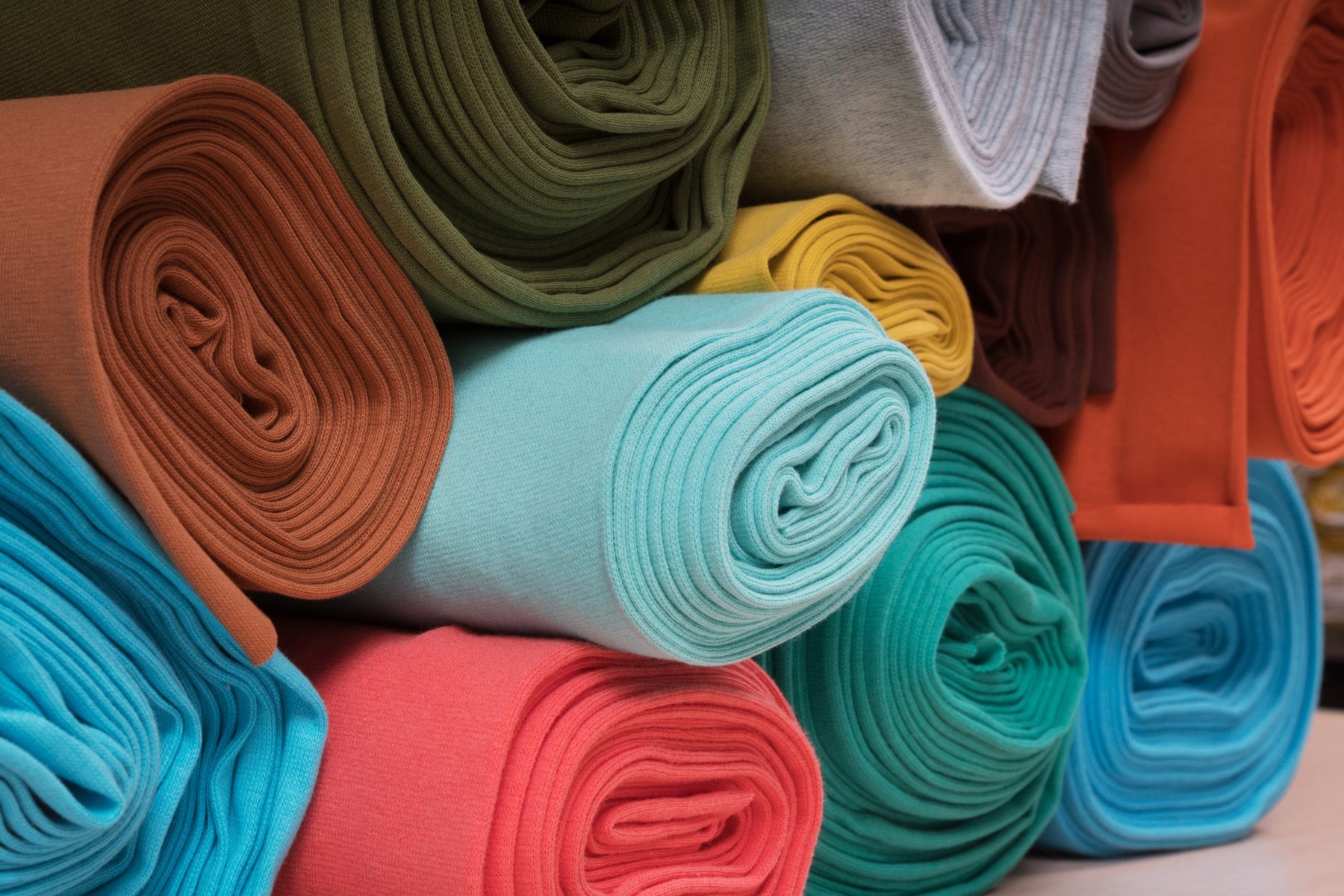Dark clouds hang over the US retail sector as a survey by the Institute for Supply Management shows retail is the only sector witnessing declining sales this year. The National Retail Federation had already forecasted in February 2019 that sales growth in US will slow this year as tax cut benefits fade and the trade war with China threatens to erode Americans’ appetite for shopping. The world’s biggest retailer, Walmart, will release its results next week as will Macy’s.
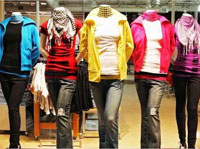 Dark clouds hang over the US retail sector as a survey by the Institute for Supply Management shows retail is the only sector witnessing declining sales this year. The National Retail Federation had already forecasted in February 2019 that sales growth in US will slow this year as tax cut benefits fade and the trade war with China threatens to erode Americans’ appetite for shopping. The world’s biggest retailer, Walmart, will release its results next week as will Macy’s. The results of home home-improvement stores like Home Depot and Lowe’s big-box stores Target and Best Buy, and apparel mainstays Kohl, J.C. Penney Co. and Nordstrom Inc., will be released in the following week.
Dark clouds hang over the US retail sector as a survey by the Institute for Supply Management shows retail is the only sector witnessing declining sales this year. The National Retail Federation had already forecasted in February 2019 that sales growth in US will slow this year as tax cut benefits fade and the trade war with China threatens to erode Americans’ appetite for shopping. The world’s biggest retailer, Walmart, will release its results next week as will Macy’s. The results of home home-improvement stores like Home Depot and Lowe’s big-box stores Target and Best Buy, and apparel mainstays Kohl, J.C. Penney Co. and Nordstrom Inc., will be released in the following week.
Tariffs rise to impact retailer’s margins
Around 20 per cent of US retailers import their goods from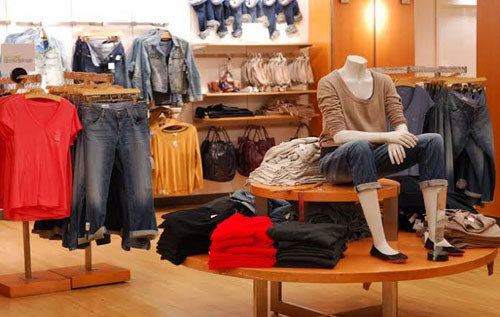 China. President Trump’s decision to raise tariffs on around $200 billion worth of Chinese imports could completely wipe out earnings growth across the sector. Though these higher tariffs will not affect the first quarter results of these companies, their ability to raise prices or shift manufacturing to other regions may be severely impacted.
China. President Trump’s decision to raise tariffs on around $200 billion worth of Chinese imports could completely wipe out earnings growth across the sector. Though these higher tariffs will not affect the first quarter results of these companies, their ability to raise prices or shift manufacturing to other regions may be severely impacted.
The ability of these retailers to raise their prices varies according to their categories. For instance home improvement and auto-supply retailers are in a better position to raise their prices than the fast-fashion sellers. Some home improvement retailers most exposed to higher Chinese tariffs include Best Buy, since many electronics are sourced in China with long lead times and few other options. Target, due to the increasing number of private-brand goods made abroad; and Bed Bath & Beyond Inc. and other sellers of home goods with minimal ability to boost prices. Generally speaking, the more food a retailer sells, the more insulated it is, but that doesn’t mean big grocers like Walmart and Kroger Co. are totally immune.
Other costs impacting profits
Besides tariffs, retailers also have to deal with increasing transportation and labor costs. They are currently making huge investments in order to serve their growing number of online orders and ward off competition from Amazon.com Inc. One of their major initiatives includes increasing the minimum wages to their laborers. Target for instance plans to boosts its minimum wages $13 an hour in June and $15 next year. Walmart and Costco Wholesale Corp. have also improved employee wages and other benefits. To offset additional expenses, retailers have started cutting down on employee sizes. Weather also plays a pivotal role in determining the sales of these retailers. In the first quarter of last year, Walmart’s sales were badly affected due to unexpected rains. Its second quarter is also off to a bad start weather-wise, and companies are lap the warmest May on record in 2018.
Bad weather is likely to hurt results at department stores like Kohl’s, Macy’s, J.C. Penney and Nordstrom, which rely more heavily on seasonal apparel. Floods in the Midwestern regions since mid-March will not only boost second quarter results of home-improvement retailers, but it will also put a cap on their discretionary spending.

